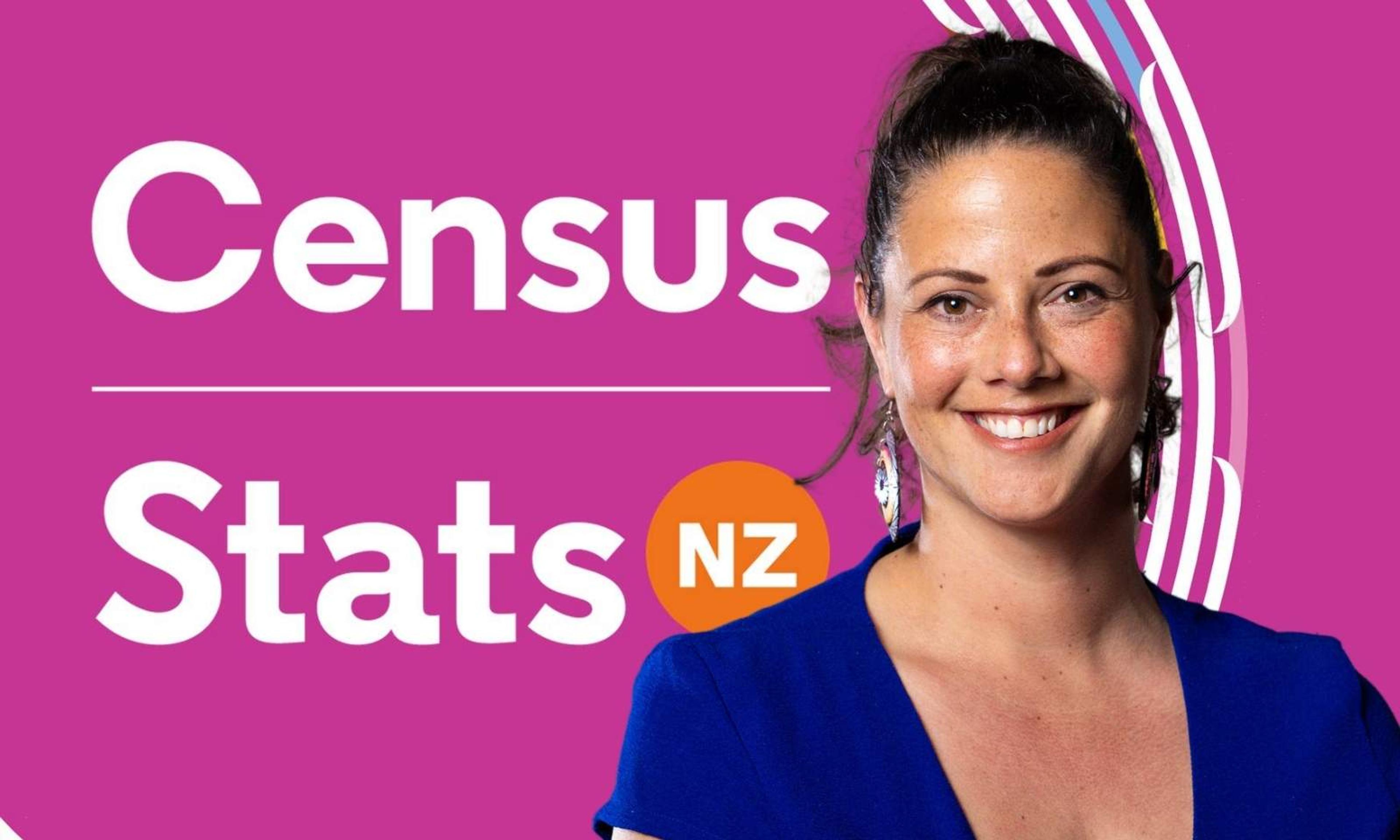

The five-yearly Census is being cancelled and will be replaced with smaller annual surveys.
Photo/Census 2023/Supplied
My Perspective: Why scrapping the Census counts
Scrapping the five-year Census could open the door to real democracy, one built on dialogue, not empty data collection.


Auckland’s Matariki Festival celebrates water and Māori culture in a time of reflection

My Perspective: Why scrapping the Census counts

Maroons stun Blues with thrilling 26-24 comeback, set up an epic decider in Sydney

Leaked report reveals political manipulation in Fiji anti-corruption chief, key officials fired

Auckland’s Matariki Festival celebrates water and Māori culture in a time of reflection

My Perspective: Why scrapping the Census counts

Maroons stun Blues with thrilling 26-24 comeback, set up an epic decider in Sydney
Every few years, the Census would roll around, encouraged and bombarded with ads and slogans urging participation, making it feel like our voices count.
This comes as the five-yearly Census is being cancelled to be replaced with smaller annual surveys. If we're being honest, this Census had become a costly, cumbersome event that never seemed to happen at a good time.
Many will agree and say it should have been cancelled years ago. It's easy to feel cynical after answering 50 questions every couple of years with no clear outcome. Personal information seems to be none of the government's business.
Your religion, your sexuality, and how many pregnancies a woman has had. Blindly handing this information to a database seems naive and pointless. Other information, like births and deaths, your income, and whether you have a vehicle or a significant health condition, is data already held by different government departments.
Dr Shane Reti, our Statistics Minister, admits successive Censuses have been beset with issues or failed to meet expectations. That's putting it lightly. Only 65 per cent of Pacific households participated in the 2018 Census, which attempted to go online.
And a whopping $325 million was spent on the 2023 Census, which used ad campaigns and even food vouchers to boost Pacific engagement to 79.2 per cent. It was always a losing game because rows of figures don't explain why. Numbers don't give context or tell personal stories.
Listen to Khalia Strong’s Perspective on Facebook below.
The numbers look good in reports and graphs, but they haven't changed the outcomes for our communities. They haven't produced equitable health outcomes for Pacific families, closed the pay gap, or changed our life expectancy.
I like the idea of these smaller, regular surveys because democracy shouldn't just be a single vote or a Census every few years. That's not how relationships work. It should be regular, open dialogue, feedback, and talanoa.
Democracy begins with conversations, creating environments for feedback, learning about governance and civics at school, and creating a culture of asking questions. Who does this serve? Who benefits from this?
It also needs representation, not just the loudest voices. Small and marginalised groups need to feel safe and heard. Now, it's the challenge of politicians, communities, and journalists to imagine how that needs to happen.
That's My Perspective.